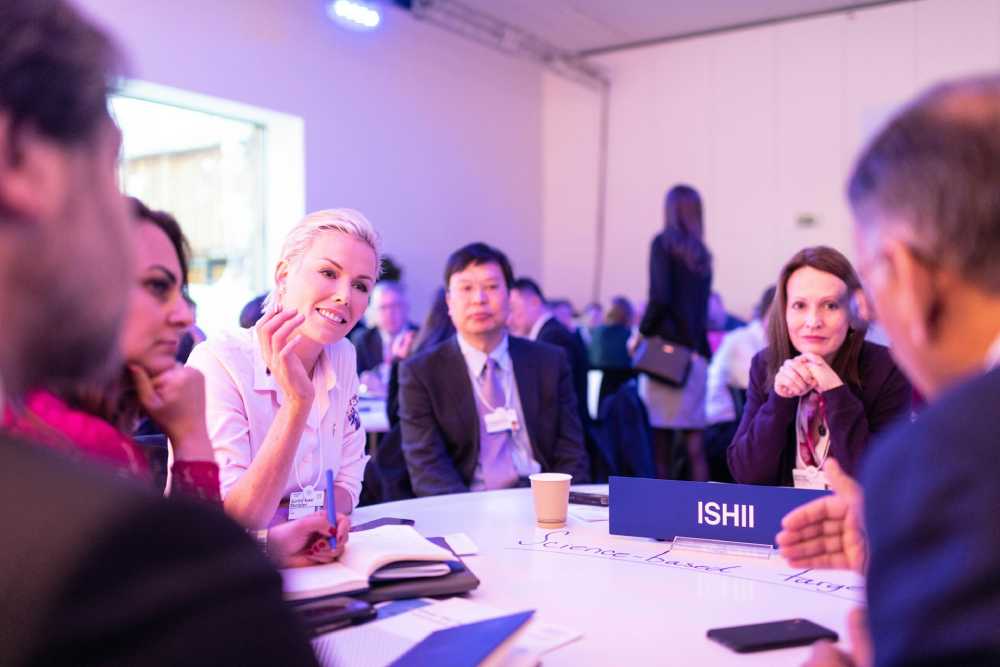Unlocking the Power of Professional Events: Strategies for Continuous Learning and Networking
As the job market evolves rapidly, professionals can’t afford to be complacent about their knowledge and skills.
The necessity for continuous self-improvement and lifelong learning is a cornerstone of modern career success. Development events, which encompass a broad spectrum of formats such as industry conferences, specialized workshops, and virtual webinars, are vital in this pursuit of knowledge.
SAP events, for example, offer a valuable platform for learning about new software innovations and best practices. They become illustrious congregations where industry professionals gather to share experiences, challenges, and successes.
These events go beyond mere presentations or passive content consumption; they are interactive experiences designed to inspire innovation, spark dialogue, and kindle new collaborations.
Choosing the Right Events to Attend
The modern professional often faces an overwhelming selection of events, each promising unique opportunities and insights. Ensuring it aligns with specific career objectives and professional interests is the key to deriving value from any event.
One must discern the goals of attending – whether for upskilling in a particular area, networking with industry stalwarts, or uncovering new business opportunities. Reflecting upon the event’s theme, the caliber of the scheduled speakers, and the content of the workshops can provide insights into its relevance for your professional journey.
Furthermore, it’s prudent to dive deeply into the event’s reputation. Scrutinizing its historical impact, the esteem of its previous attendees, and the overall feedback it has garnered can paint a picture of the likely experience and takeaways.
Evaluating the event’s potential return on investment – considering monetary costs and the time and effort involved – is critical to making an informed decision. This careful selection process is an initial step towards optimizing the event experience and ensuring it contributes effectively to one’s professional development.
Maximizing Networking Opportunities
Networking is arguably the heartbeat of any professional event, providing a fertile ground for building contacts that could evolve into fruitful relationships. Networking involves more than exchanging business cards; it is an opportunity to create meaningful connections that may lead to partnerships, collaborations, or mentorship opportunities.
Initiating conversations with other attendees, joining discussion rounds, and participating in social activities are proven strategies to expand one’s professional circle. The goal is to transform brief encounters into robust networks that support your future career endeavors.
Sharing Knowledge and Skills within Your Organization
Upon returning from a professional event, one can become a conduit of fresh knowledge and inspiration within their organization.
Sharing insights and learnings with team members can spark collective advancement and drive organizational improvement. Internal debrief sessions serve as mini knowledge transfers, amplifying the event’s impact to benefit the broader workplace. This practice facilitates the spread of new information and encourages a culture of collective intelligence and inclusive growth.
These shared learning experiences can foster an environment of continuous improvement and innovation, positioning the organization to respond swiftly to industry trends and challenges. By bridging external expertise and internal application, you can further establish your value and position within the company.
Staying Updated with Industry Trends
One of the most compelling reasons to attend professional events is to gain foresight into industry trends and developments.
Renowned events often launch new ideas and technologies, making them crucial for professionals who aim to remain ahead of the curve. By engaging with the content and dialogues present at these events, attendees can draw insights into the trajectory of their industry and anticipate future shifts in market dynamics and consumer behavior.
Professionals can translate these observations into actionable intelligence and positioning strategies to harness emerging opportunities and mitigate unforeseen risks. They demonstrate valuable adaptability to employers and clients by staying informed and proactive.
Leveraging Events for Thought Leadership
Industry events are not merely platforms for learning; they also present an opening for professionals to assert their expertise and thought leadership.
Active participation, particularly in speaking roles such as panelists or keynote speakers, can elevate one’s visibility and authority in the industry. These engagements allow individuals to share their unique viewpoints and insights, igniting conversations and sometimes even influencing the direction of the industry.
Such exposure is invaluable for those looking to build or reinforce their status as industry thought leaders. It can lay a foundation for professional branding and recognition beyond the event itself.
Learning Through Workshops and Interactive Sessions
While traditional lectures are a staple of most conferences and events, workshops and interactive sessions offer a different dimension of engagement. Active learning environments encourage participants to be not just audience members but contributors to the educational experience.
Interactive formats prompt deeper processing of information and offer immediate applications of new knowledge, thus facilitating a more profound and lasting understanding. Hands-on experiences and practical exercises heighten individual involvement and promote peer-to-peer learning.
Such dynamic interaction amongst professionals with diverse backgrounds and expertise enriches the learning experience beyond what can be garnered from presentations alone. This immersive approach brings theory to life, often leading to innovative ideas and creative solutions to complex problems.

